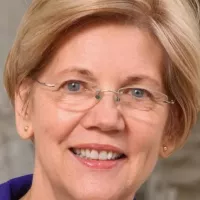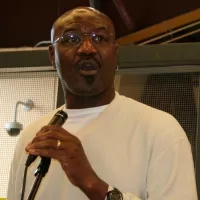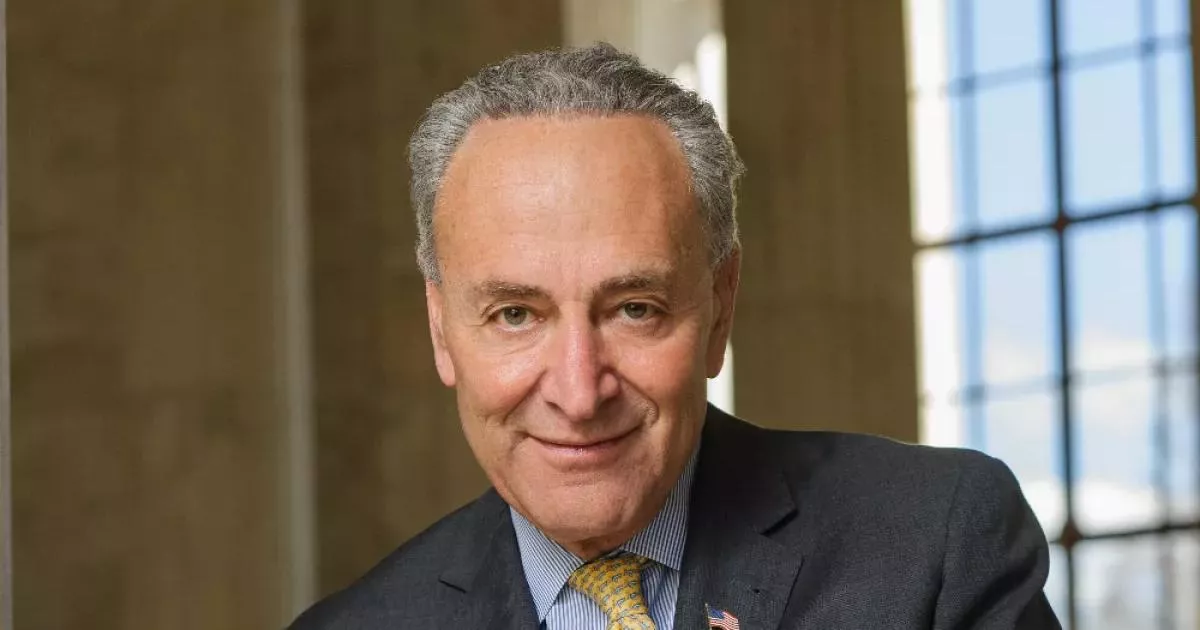From career breakthroughs to professional milestones, explore how Chuck Schumer made an impact.
Chuck Schumer is the senior United States Senator from New York, serving since 1999. A Democrat, he has led the Senate Democratic Caucus since 2017, including a term as Senate Majority Leader (2021-2025) and two stints as Senate Minority Leader. He became New York's senior senator in 2001. Reelected in 2022 to a fifth term, he is the longest-serving U.S. Senator from New York.
Mentioned in this timeline

Donald John Trump is an American politician media personality and...

Bill Clinton the nd U S President - served as...

Hillary Diane Rodham Clinton is a prominent American politician lawyer...
Facebook is a social media and networking service created in...

Elizabeth Warren is a prominent American politician and the senior...

George W Bush the rd U S President - is...
Trending

50 minutes ago Medvedev Dominates Shang at Qatar ExxonMobil Open 2026 in Doha.

4 months ago Kate Hudson and Sydney Sweeney at Variety's Power of Women Event.

50 minutes ago Thomas Hammock departs Northern Illinois for Seahawks' RB Coach position in the NFL.

Delroy Lindo is a highly acclaimed American actor with a career spanning stage and screen He gained initial recognition for...

51 minutes ago Vermont brewery celebrates Paula Moltzan with special beer and a watch party.

2 hours ago Svitolina advances to face Bencic in Dubai after Badosa retires from match.
Popular

Jesse Jackson is an American civil rights activist politician and...
Randall Adam Fine is an American politician a Republican who...

Pam Bondi is an American attorney lobbyist and politician currently...

Barack Obama the th U S President - was the...

Kid Rock born Robert James Ritchie is an American musician...

XXXTentacion born Jahseh Dwayne Ricardo Onfroy was a controversial yet...
